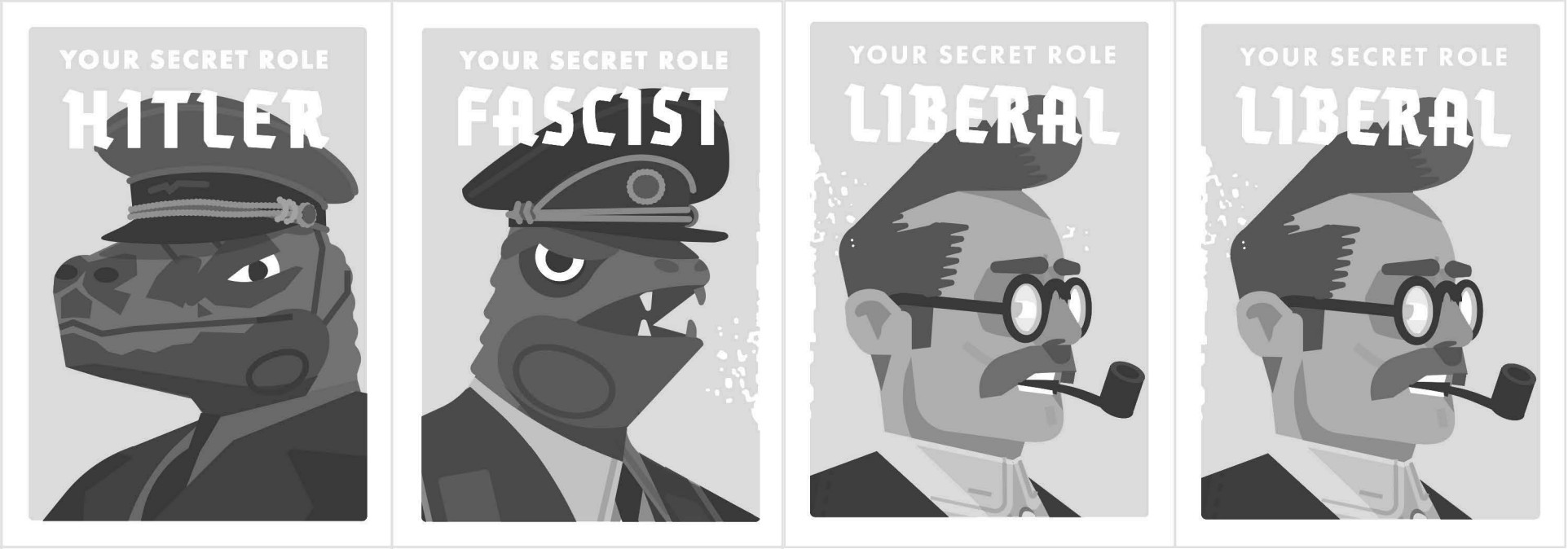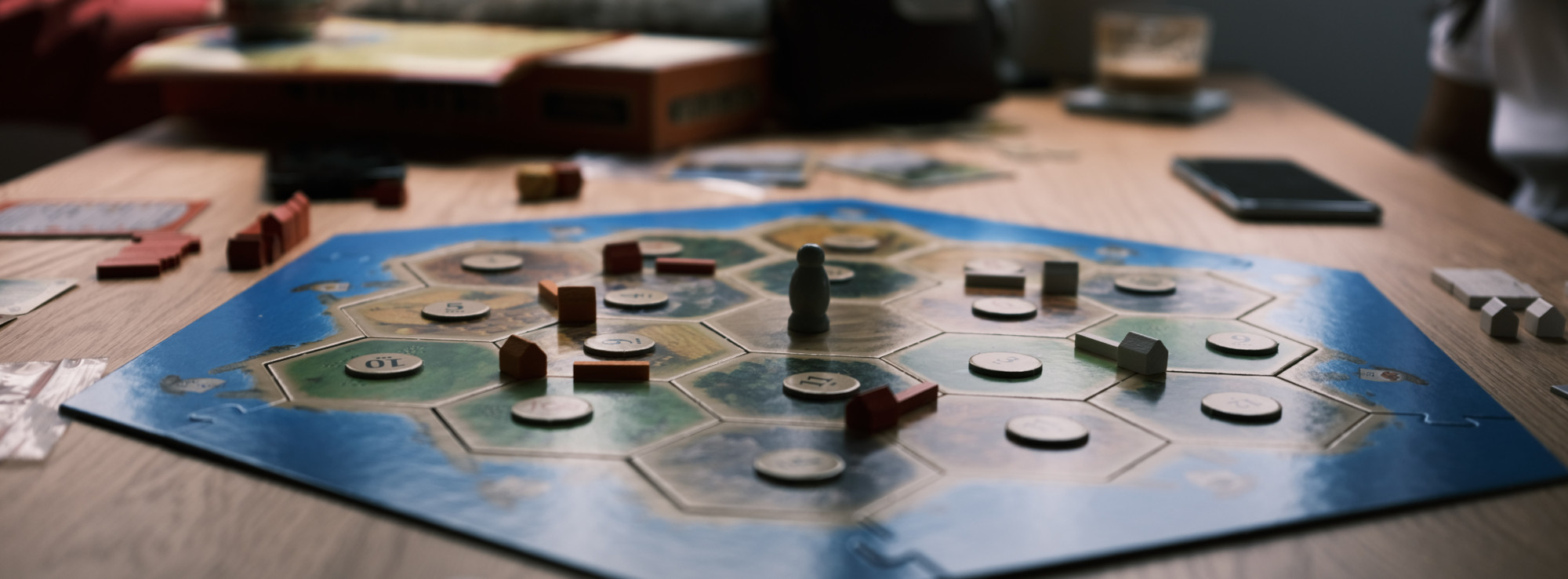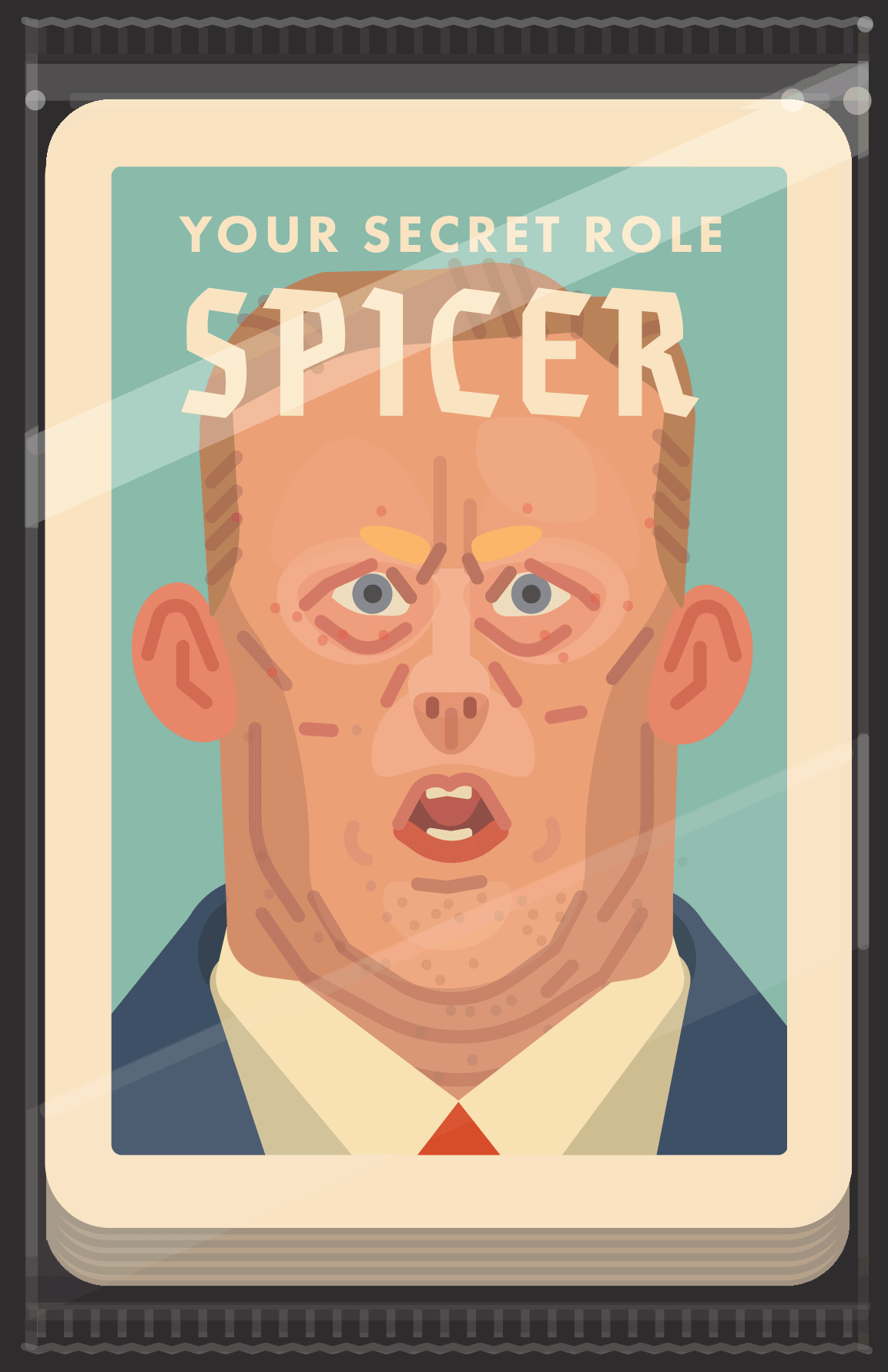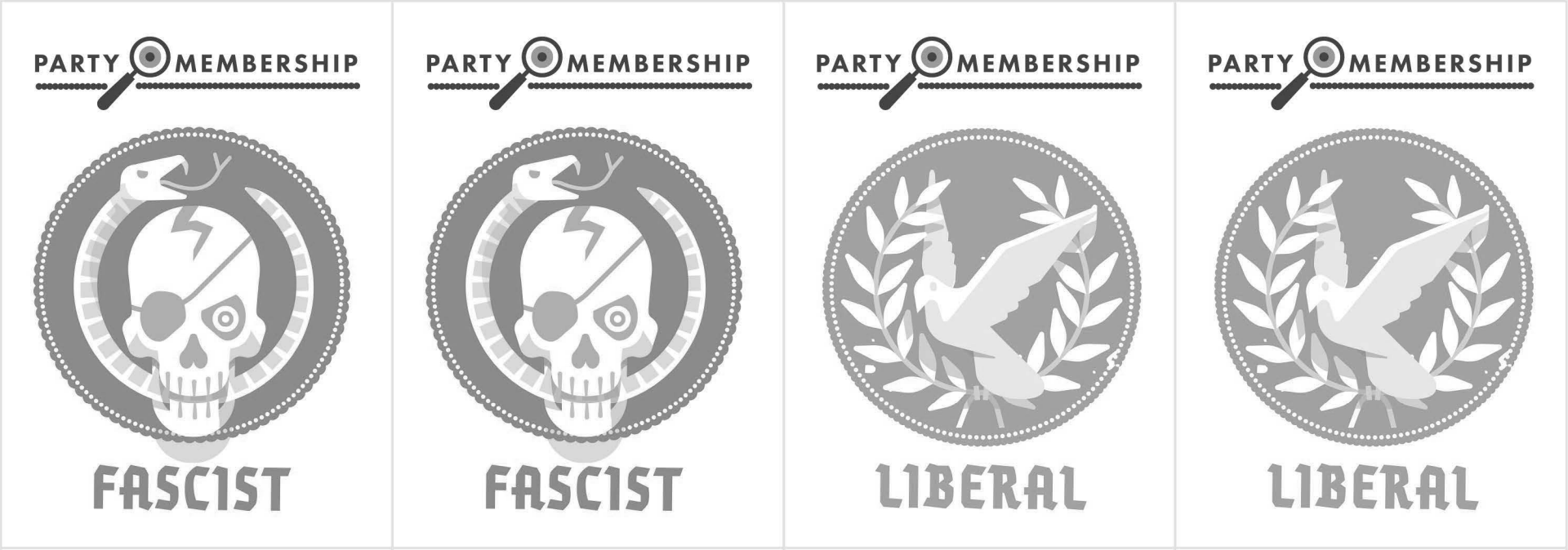Secret Hitler is a controversial board game. We’ve all heard the name for the first time and instinctually flinched. “Well, it’s not pro-Hitler!” they say, “The fascists are bad and they’re trying to take over the government. You have to stop them!”
So the concept of Secret Hitler is decidedly anti-Hitler. It explores how a politically democratic system can facilitate the rise of fascism. Right? That’s what it does, right? Or maybe it’s just a cash grabbing board game with a provocative name.

Politics in Board Games
Board games, like all mediums, are reflections of their context. It’s impossible to be completely apolitical, as even a ‘political neutral’ work simply reinforces the current political norm. Doing something as simple as showing a ‘normal’ family is a statement that says that ‘normal’ family is, in fact, the norm.
It’s true that not all creators think deeply about how their work fits into the political landscape. I suspect most board games fit this trend, as they offer an escape. Many depict fantastical lands to visit, strange aliens to interact with, or a far-off time or place. However, the board gaming community is not immune to the political culture that surrounds it. In 2018, Tanya Pobuda of Analog Game Studies conducted in-depth statistical analysis on the representation present in the most highly rated board games on BoardGameGeek (the IMDB of Board Games) and found some shocking results. One of the most appalling findings is that you are more likely to see an animal or alien on the cover of a game than a woman. The statistics are even worse for women of color—while white women appear on 14.5% of covers, women of color only appear on 4.7%. I highly recommend reading her article in full.
Colonialism in Board Games

Likewise, many games (such as Smallworld, Archipelago, Puerto Rico) depict elements of colonialism. Many more games, such as Catan, depict settling ‘untamed’ wilderness, a fabrication that alludes to the painful and destructive history of colonialism. If you’re interested in a more in-depth exploration of colonialism in board games, Cornel Borit, Melania Borit, & Petter Olsen from the Open Library of humanities did an awesome study on the topic.
Now, you would be hard pressed to find malicious intent in any of these examples, but the topics we explore while at leisure reveal our values as a society.
So, why is this game called Secret Hitler? Is it for shock value or to provoke genuine thought?
To say that Secret Hitler provides an accurate (and damning) depiction of Weimar Republic Germany is incorrect. The game does not investigate the sociopolitical events that caused Hitler’s rise, and game players do not appear to leave critically thinking about how their own government could fall in the same way. Even the fascist role cards depict lizards, not real people.
Yet, the game definitely attempts to make a political statement. On the home page of their website, a coy FAQ says, “I don’t think there’s anything funny or cool about fascism. Who can I complain to?” and then gives the address of previous United States President, Donald Trump. They have also released a deluxe set of “fascist” cards depicting Donald Trump and members of his cabinet.

The Purpose of "Secret Hitler"
So where does the game lie? The answer is somewhere in the middle. Consciously or unconsciously, when we make art, we make it in response to the world we live in. Secret Hitler does not attempt to accurately simulate the horrors of the rise of facism in the Weimar Republic, but it achieves a simpler task. It is a subtle reminder that we all must be vigilant and patient with each other, to exercise caution and to be open. This idea is present in the game’s base mechanics, in the strategies you use to win. Fascists thrive when there is distrust, when decisions are made quickly and rashly, and when there is no transparency.

The feeling of mistrust that suffuses Secret Hitler is a small-scale simulation of the feelings a nation goes through as it attempts to stay the course. Sure, the name is crude and shocking. Yes, it makes the game sell better. But, it also makes the lesson it teaches more memorable. The ‘Secret Hitler’ depicted in the game is not Hitler himself, but a facsimile. A person who will go on to commit atrocities by playing the system and sowing discord. It is a reaction to a world in which global fascist tendencies are on the rise.
What do you think? Does this ring true to you? Do you have other examples of board games that deal with similar subject matter or do you think that politics and board games should be completely divorced? I’d love to have an extended conversation about this, leave your comments down below!
Curious about other morally dubious things in board games? Check out Top Four Ways to Cheat at Board Games by Joe!